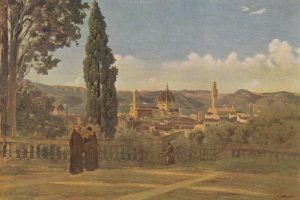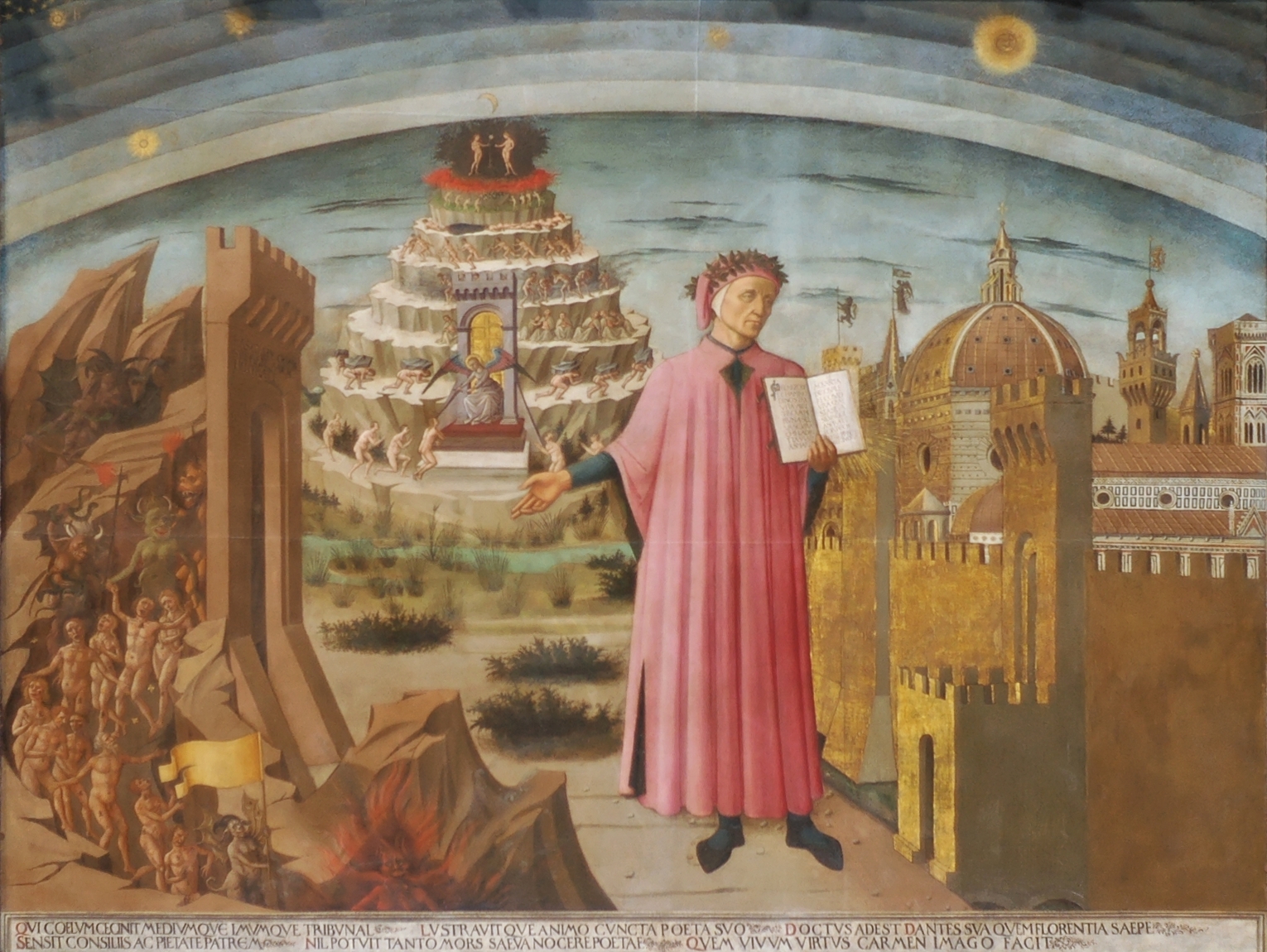The week of Italian
Beautiful, poetic, complex. The Italian language is seen by many as one of the many local beauties. A difficult language to learn, but fascinating and constantly changing. And there is no shortage of celebrations dedicated to it such as the Week of the Italian language in the world.
In fact, in these days (17-23 October), the sixteenth edition that pays homage to Italian in the world. And like every year, the event focuses on a particular aspect of our language. This edition bears the title de Italian and creativity: brands and costumes, fashion and design.
Italian synonymous with art
A lively week, full of debates, meetings and conferences. All linked to the theme of this edition which aims to analyze the relationship between the Italian language and design.
In fact, Italian is seen as synonymous with art and culture, but also with creativity. And it is precisely on this last aspect that the event focuses, enhancing that lively link between the Italian language and design.
But these are not just national celebrations. The goal is to promote the Italian language in the world. This is how events come to life from Malta to America, from Switzerland to the East. Under the banner of a language, Italian, seen as the highest form of expression in terms of poetry, music and art in general.
A melodic language, pleasant to listen to and defined by Voltaire as la beautiful language eldest daughter of Latin.
From Latin to Italian
But when does the Italian language date back? There is no exact date. The formation of a language is a long and complex process. We can, however, identify the key period as regards its diffusion. Period that is attested between the twelfth and fourteenth centuries with the first works written in the vernacular.

Mind you, by vulgar we do not mean a language rich in offensive terms, but rather an archaic form of the Latin dialect. And in Italy these "dialects" had slowly replaced classical Latin. Sicilian, Umbrian, Neapolitan are just some of the many vulgar that were going to spread more and more. But the Florentine vernacular is the true father of the Italian language. This is thanks to the three symbolic authors of our literature: Dante, Petrarca and Boccaccio. Their works dictated the guidelines for all the literary production of the time. The use of the Florentine vernacular in poetic compositions only contributed to the proliferation of a new language. Starting from the 500s, thanks also to Pietro Bembo, Florentine became the most important linguistic model to follow. It will evolve over the centuries, also influenced by other vulgarities, up to the Italian we know today.
The initiative of the Accademia della Crusca
The Week of the Italian Language in the World is an initiative created by the will of the Farnesina and the Accademia della Crusca in 2001.
Every third week of October the Italian language is celebrated through a theme that will lead the conferences and conventions. All with the intervention of the greatest contemporary scholars of our Italian.
An initiative that is gaining more and more success, year after year, promoting one of our masterpieces around the world: the Italian language.
Here the site of the Accademia della Crusca with information on the event






